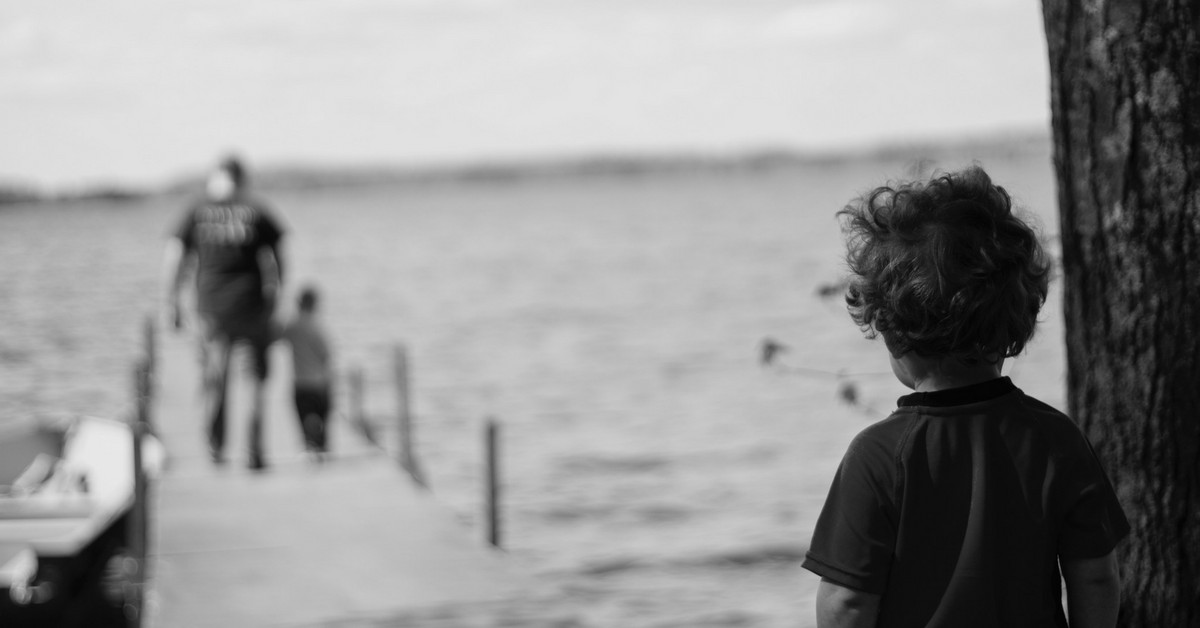
Strategies to Prevent Wandering Behavior in Children with Autism
How to Prevent Wandering Behavior
Children with autism often put themselves in danger by wandering off impulsively. According to a study published in the American Academy of Pediatrics, which surveyed more than 1,300 families with children diagnosed with autism, nearly half (49 percent) of families said that their child had tried to wander off after age four at least once. Of the 49 percent, 316 kids went missing long enough to cause worry.
With wandering behavior both dangerous to kids with autism and stressful for parents, it is crucial to employ measures to eliminate, or at the very least minimize the behavior. If you are a parent with a child diagnosed with autism, and he or she wanders off frequently on his or her own, keep these strategies in mind to prevent it from happening.
Inform the Responders in Your Area
Introduce your child to first responders, such as police officers and emergency medical technicians (EMTs), by providing these people with a handout that includes the name of your child and your contact details.
Additionally, include a statement about your child regarding his or her condition. Examples include: “has autism,” “has a tendency to wander off,” and “is nonverbal.” Informing first responders keeps them on guard. They will be more likely to respond right away if they notice a child walking alone.
Keep Your Home Secure
Ask a security company, a contractor, or a locksmith to make your house as escape-proof as possible. Additionally, you can implement these security measures to keep your house secure:
- Adhering Printable Stop Signs on Windows, Doors, and Other Exits
- Placing Inexpensive Battery-Operated Alarms on Doors
- Installing a Home Security Alarm System
- Fencing Your Yard
- Putting Hook and Eye Locks on Doors that Are Above the Reach of Your Child
- Installing Dead Bolt Locks that Require a Key on Each Side
Use a Tracking Device
A tracking device, such as a GPS tracker, helps you locate your child when he or she slips away unnoticed or goes missing. If you need a tracking device, ask your local law enforcement agency for Project Lifesaver. Alternatively, you can go online and search for a reliable GPS tracking system.
Teach Safety to Your Child
Teach your child, to the best of your abilities, to stay with a familiar adult at all times. Moreover, educate your child on what they should do to stay safe when they find themselves alone.
Pay Attention to Factors that Trigger Wandering
Sensory overload, in most cases, can lead to wandering. So, avoid bringing your child to noisy and crowded places. Moreover, engage your child in fun activities so they do not feel the need to slip away.
If you want your child with autism to learn and have fun at the same time, bring him or her to the day camp of Achievement Balance. Our day camp serves kids of all ages and is structured with daily activities that imitate a community and classroom setting. Our day camp provides children the opportunity to learn a range of skills, such as flexible thinking, reasoning, self-regulation, social skills, and handwriting.
Contact us today for more details.

